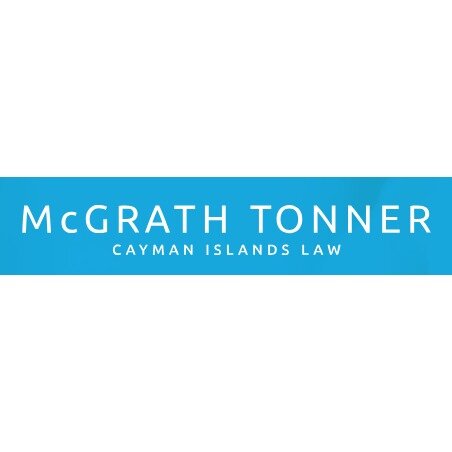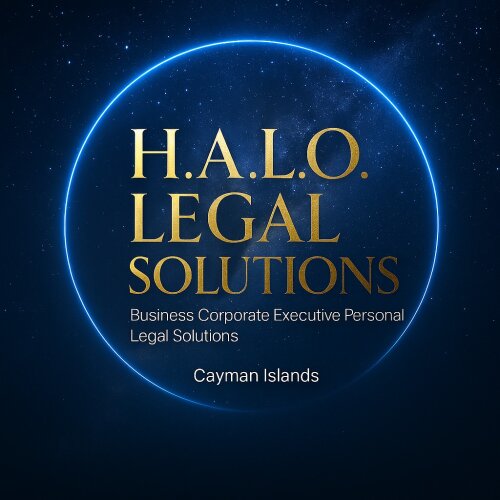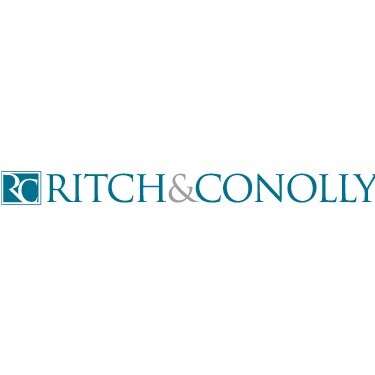Best Funds & Asset Management Lawyers in George Town
Share your needs with us, get contacted by law firms.
Free. Takes 2 min.
List of the best lawyers in George Town, Cayman Islands
About Funds & Asset Management Law in George Town, Cayman Islands
George Town, located in the Cayman Islands, is widely recognized as a leading international finance center specializing in funds and asset management. The Cayman Islands attract global investment managers due to their sophisticated legal infrastructure, tax neutrality, and well-established regulatory framework. Funds established in this jurisdiction typically include hedge funds, private equity funds, venture capital funds, and mutual funds. The local legal system is based on English common law, supported by reputable courts and a modern legislative environment designed to meet the needs of the financial services industry.
Why You May Need a Lawyer
Legal advice in funds and asset management is crucial to navigate the complexities of forming, regulating, and operating investment funds in the Cayman Islands. Common situations where you may require legal assistance include:
- Setting up or structuring a new investment fund to ensure regulatory compliance
- Advising on fund governance, fiduciary duties, and directors’ responsibilities
- Drafting and reviewing offering documents, partnership agreements, and subscription agreements
- Ensuring ongoing compliance with Cayman Islands Monetary Authority (CIMA) regulations
- Advice on anti-money laundering (AML) and countering the financing of terrorism (CFT) compliance
- Assisting with fund restructuring, mergers, or winding up procedures
- Resolving disputes among investors, managers, or service providers
- Navigating regulatory investigations or enforcement actions by CIMA
Local Laws Overview
Cayman Islands funds and asset management activities are chiefly regulated by several key laws and regulatory bodies such as:
- Mutual Funds Act (2021 Revision) - Governs the registration and regulation of mutual funds and administrators operating in the Cayman Islands.
- Private Funds Act (2021 Revision) - Applies to closed-ended funds, setting requirements for registration, valuation, audits, and custodian arrangements.
- Companies Act (2023 Revision) and Exempted Limited Partnership Act - Provide corporate frameworks for structuring investment funds.
- Cayman Islands Monetary Authority (CIMA) - The primary regulator overseeing the licensing, regulation, and supervision of funds and managers.
- Anti-Money Laundering Regulations (2023 Revision) - Enforce robust AML and CFT compliance for funds and asset managers.
All funds must comply with internationally recognized standards. This includes proper disclosure to investors, regular financial audits, regulatory filings, and maintaining suitable systems for risk and compliance management. Legal reforms are consistent, responding to global expectations for transparency and financial integrity.
Frequently Asked Questions
What types of funds can I establish in the Cayman Islands?
You can establish a wide range of fund structures, including open-ended mutual funds, closed-ended private funds, hedge funds, private equity funds, venture capital funds, and segregated portfolio companies.
Do all investment funds need to register with CIMA?
Most investment funds must register with CIMA, particularly mutual funds and private funds, though some exemptions may apply based on fund structure and investor type.
What are the advantages of forming funds in the Cayman Islands?
Key advantages include tax neutrality, flexible legal structures, a strong regulatory framework, and investor confidentiality. The jurisdiction is also well recognized and respected globally.
What are the basic steps to launch a fund in George Town?
The basic steps include structuring the fund, drafting legal documents, appointing service providers, registering with CIMA, and ensuring compliance with AML and CFT regulations.
How are funds taxed in the Cayman Islands?
The Cayman Islands do not have taxes on income, capital gains, or withholdings for investment funds, making the jurisdiction highly attractive to investors.
What is required for AML and CFT compliance?
Funds must implement risk-based AML policies, conduct due diligence on investors, and maintain proper records as stipulated by local regulations and international standards.
Who can act as a fund manager or administrator?
Qualified individuals or entities can serve as managers or administrators, but they must be licensed or registered with CIMA and have sufficient experience and staffing to operate in compliance with regulations.
How are disputes involving funds resolved?
Disputes may be resolved through arbitration, mediation, or the Grand Court of the Cayman Islands, which has specialized expertise in commercial and financial matters.
Are there annual reporting obligations?
Yes, funds must file annual audited financial statements with CIMA and provide regular updates as required regarding their operations and any material changes.
Can a fund be re-domiciled to or from the Cayman Islands?
Yes, funds can generally re-domicile to or from the Cayman Islands provided certain statutory requirements are met, ensuring continuity for investors and compliance with local laws.
Additional Resources
If you need further information or assistance, consider reaching out to these resources:
- Cayman Islands Monetary Authority (CIMA) - Regulatory guidance and fund registration
- Ministry of Financial Services & Commerce, Cayman Islands Government
- Cayman Islands Fund Administrators Association
- Law firms specializing in funds and asset management in George Town
- Cayman Islands Chamber of Commerce
Next Steps
If you are considering establishing a fund or require legal assistance in asset management in George Town, Cayman Islands, start by defining your investment goals and gathering all relevant documents. Consult with a licensed local attorney specializing in funds and asset management for tailored legal advice. Your lawyer can help with structuring your fund, preparing necessary documentation, navigating regulatory filings, and establishing compliance systems. For the best results, engage an experienced legal advisor early in the process and maintain ongoing communication as regulations evolve.
Lawzana helps you find the best lawyers and law firms in George Town through a curated and pre-screened list of qualified legal professionals. Our platform offers rankings and detailed profiles of attorneys and law firms, allowing you to compare based on practice areas, including Funds & Asset Management, experience, and client feedback.
Each profile includes a description of the firm's areas of practice, client reviews, team members and partners, year of establishment, spoken languages, office locations, contact information, social media presence, and any published articles or resources. Most firms on our platform speak English and are experienced in both local and international legal matters.
Get a quote from top-rated law firms in George Town, Cayman Islands — quickly, securely, and without unnecessary hassle.
Disclaimer:
The information provided on this page is for general informational purposes only and does not constitute legal advice. While we strive to ensure the accuracy and relevance of the content, legal information may change over time, and interpretations of the law can vary. You should always consult with a qualified legal professional for advice specific to your situation.
We disclaim all liability for actions taken or not taken based on the content of this page. If you believe any information is incorrect or outdated, please contact us, and we will review and update it where appropriate.
















